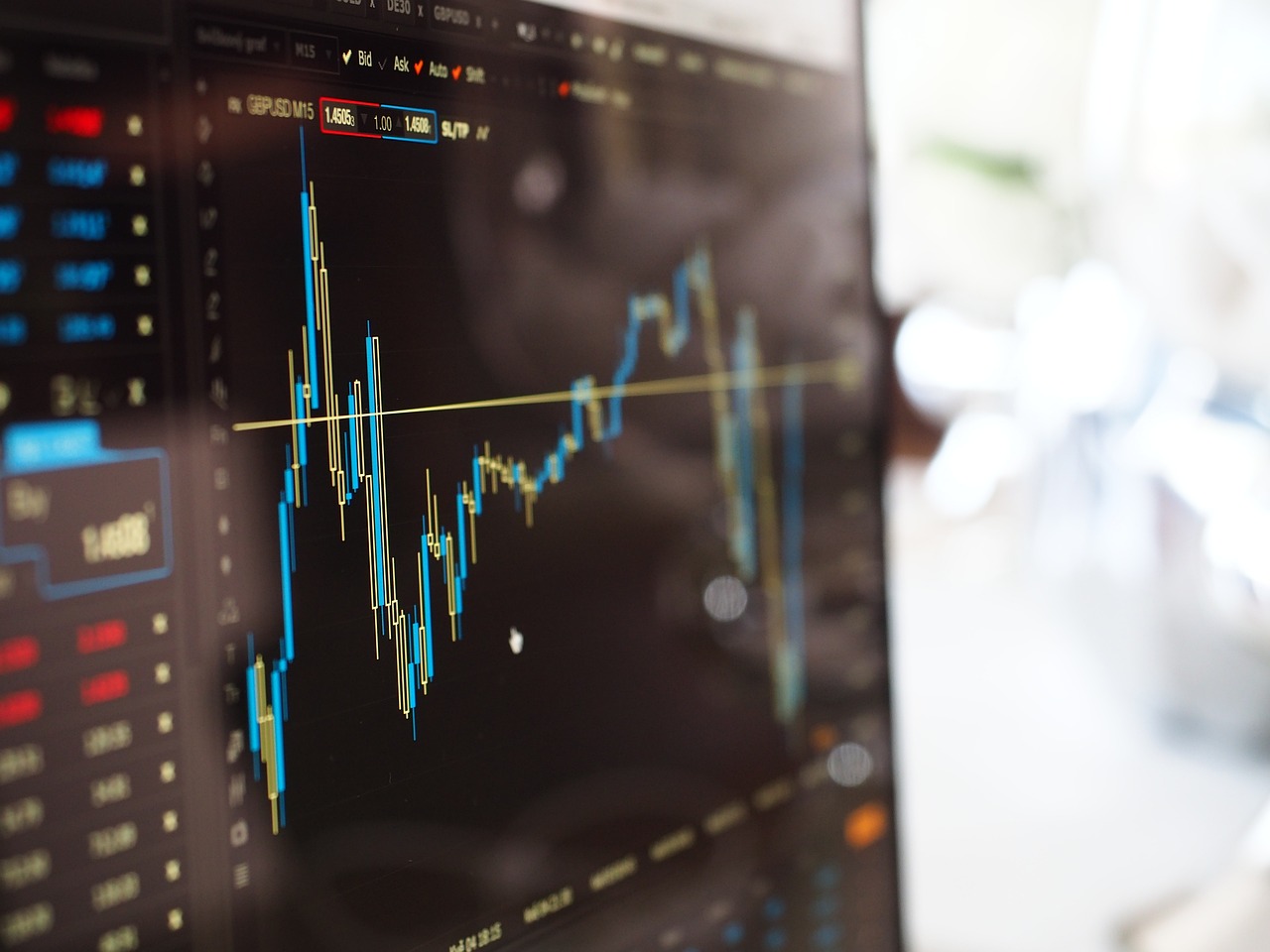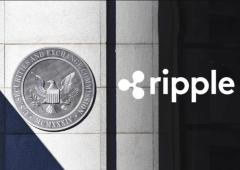Wall Street Analysts Predict Major Declines for Top AI Stocks
07.07.2024 7:30 2 min. read Alexander Stefanov Source: https://finance.yahoo.com/news/3-leading-artificial-intelligence-ai-090600546.html
Source: https://finance.yahoo.com/news/3-leading-artificial-intelligence-ai-090600546.html
AI, in essence, refers to software and systems performing tasks typically handled by humans, with the remarkable capability of learning and improving without human intervention.
This adaptability makes AI a potentially pivotal innovation for various sectors of the U.S. and global economies.
Estimates from PwC highlight the massive potential of AI, predicting it could add $15.7 trillion to the global economy by 2030, with $6.6 trillion from productivity boosts and $9.1 trillion from consumption-side benefits. Wall Street is taking note, with many institutions and analysts setting high growth expectations and price targets for leading AI stocks. However, some analysts remain skeptical.
Here are three leading AI stocks that, according to some Wall Street analysts, could face significant declines:
- Palantir Technologies: Potential 65% Drop Data-mining specialist Palantir Technologies (NYSE: PLTR) is one of the AI stocks predicted to face a sharp decline. While some analysts see a 35% upside, RBC Capital’s Rishi Jaluria forecasts a 65% drop to $9 per share, citing concerns about the sustainability of revenue from special purpose acquisition companies (SPACs). Despite Palantir’s strong government contracts and commercial segment growth, its high valuation poses risks in an already expensive stock market.
- Nvidia: Potential 22% Drop Nvidia (NASDAQ: NVDA), a semiconductor titan benefiting from the AI revolution, might also see a downturn. Deutsche Bank’s Ross Seymour has set a $100 price target, implying a 22% decline. Although Nvidia’s GPUs dominate the AI market, history suggests that early-stage innovations often face bubbles and corrections. Additionally, competitive pressures and a forecasted dip in adjusted gross margins indicate potential challenges ahead.
- Tesla: Potential 91% Drop Tesla (NASDAQ: TSLA), known for integrating AI in its full self-driving software, is the most at risk according to GLJ Research’s Gordon Johnson, who predicts a staggering 91% drop to $22.86 per share. Despite Tesla’s impressive growth and profitability under CEO Elon Musk, repeated price cuts for its EVs, competition, and faltering non-automotive ventures signal trouble. With declining margins and delivery numbers, Tesla’s stock might be significantly overvalued.
These predictions underscore the volatility and high stakes in the AI stock market, highlighting the importance of cautious and strategic investment approaches.
-
1
Weekly Recap: Key Shifts and Milestones Across the Crypto Ecosystem
06.07.2025 17:00 4 min. read -
2
Trump Imposes 50% Tariff on Brazil: Political Tensions and Censorship at the Center
10.07.2025 7:00 2 min. read -
3
Key Crypto Events to Watch in the Next Months
20.07.2025 22:00 2 min. read -
4
USA Imposes Tariffs on Multiple Countries: How the Crypto Market Could React
08.07.2025 8:30 2 min. read -
5
UAE Regulators Dismiss Toncoin Residency Rumors
07.07.2025 11:12 2 min. read
Two Upcoming Decisions Could Shake Crypto Markets This Week
The final days of July could bring critical developments that reshape investor sentiment and influence the next leg of the crypto market’s trend.
Winklevoss Slams JPMorgan for Blocking Gemini’s Banking Access
Tyler Winklevoss, co-founder of crypto exchange Gemini, has accused JPMorgan of retaliating against the platform by freezing its effort to restore banking services.
Robert Kiyosaki Warns: ETFs Aren’t The Real Thing
Renowned author and financial educator Robert Kiyosaki has issued a word of caution to everyday investors relying too heavily on exchange-traded funds (ETFs).
Bitwise CIO: The Four-Year Crypto Cycle is Breaking Down
The classic four-year crypto market cycle—long driven by Bitcoin halvings and boom-bust investor behavior—is losing relevance, according to Bitwise CIO Matt Hougan.
-
1
Weekly Recap: Key Shifts and Milestones Across the Crypto Ecosystem
06.07.2025 17:00 4 min. read -
2
Trump Imposes 50% Tariff on Brazil: Political Tensions and Censorship at the Center
10.07.2025 7:00 2 min. read -
3
Key Crypto Events to Watch in the Next Months
20.07.2025 22:00 2 min. read -
4
USA Imposes Tariffs on Multiple Countries: How the Crypto Market Could React
08.07.2025 8:30 2 min. read -
5
UAE Regulators Dismiss Toncoin Residency Rumors
07.07.2025 11:12 2 min. read


